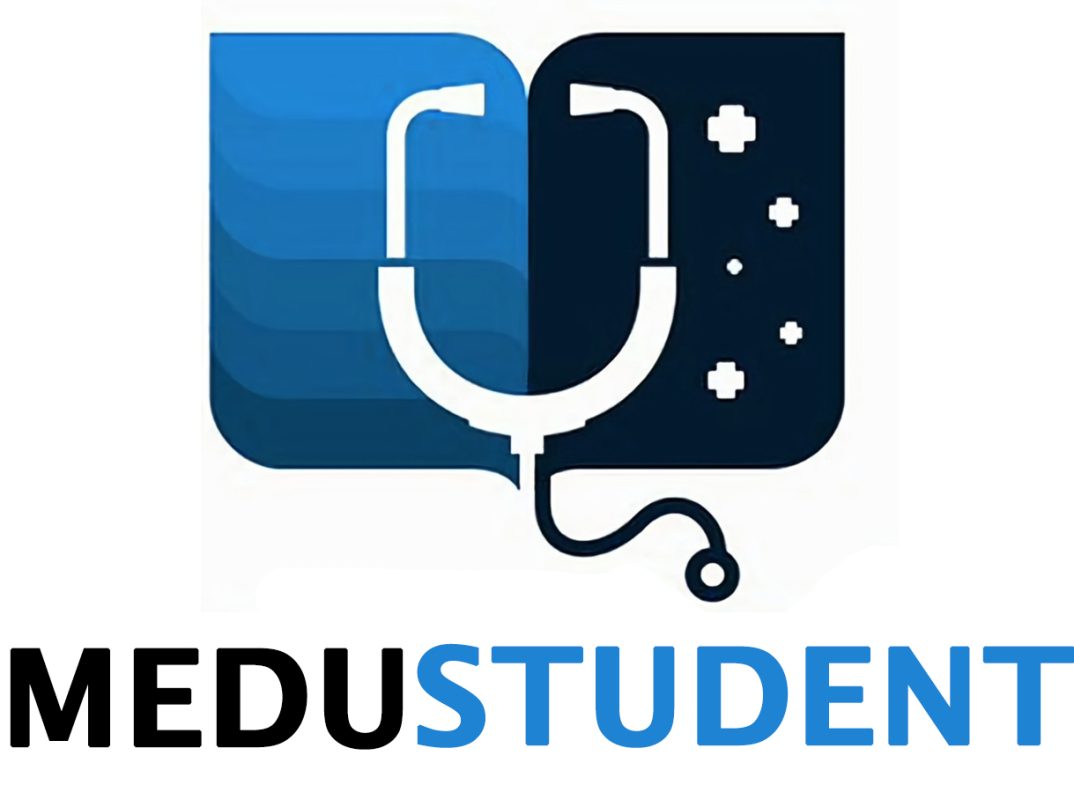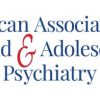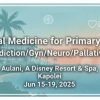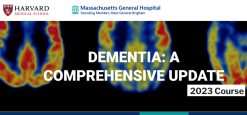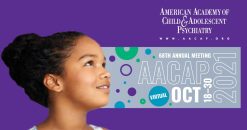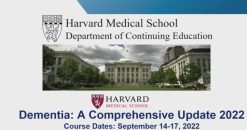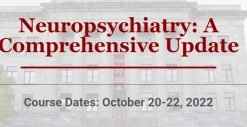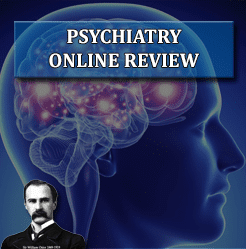2025 Psychopharmacology in Cancer Care: An Update for Clinicians of All Disciplines (Videos with subtitles + Slides)
$40,00
This Product is shared via google drive download link, So please share your correct Gmail id while placing the order .Please note that there are no CME points or certificate associated with this course Samples for Courses Can be found here : Free Samples Here!
Format: 11 MP4 + 11 VTT + 12 PDF files
2025 Psychopharmacology in Cancer Care: An Update for Clinicians of All Disciplines
Specialties
Specialties – Behavioral Care, Critical Care, General and Family Practice, Geriatric Medicine, Hematology, Integrative Medicine, Internal Medicine, Medical Oncology, Neurology, Nurse Anesthetist, Nurse Practitioner, Nursing, Pain Medicine, Psychiatry, Psychology, Social Work
Overview
Clinicians have numerous tools at their disposal to help adult cancer patients dealing with symptoms of depression, anxiety, and other cancer sequelae. Psychiatric medications are most frequently prescribed to cancer patients by oncologists and general practitioners, however psychiatric syndromes are often underdiagnosed and undertreated. Few oncology practices have dedicated psychiatric consultants familiar with the nuances of Psycho-Oncology.
Even when patients receive psychotropic medications appropriately, they may have problems that arise before their next oncology visit or before they see the person who prescribed their psychiatric medications. Psychologists, nurses, and social workers play an essential role in identifying psychological and physical symptoms as well as both beneficial and problematic medication effects as they provide frontline psychosocial interventions and support for cancer patients.
This highly regarded annual course, co-sponsored by the MSK Psycho-Oncology Education and Training Institute (POETI), is designed to support non-prescribing psycho-oncology clinicians and psychiatrists new to Psycho-pharmaco-oncology. Oncologists, palliative care providers, advanced practice nurses, and oncology nurses will also find it invaluable.
The program emphasizes effective psychopharmacological interventions for key disorders and symptoms, including anxiety, depression, delirium, sleep dsisturbances, pain, fatigue, and changes in weight or appetite. Expert faculty will provide updates on the use of novel interventions including ketamine, medical marijuana, and psilocybin for depression, anxiety, and pain. Additionally, the vital role of clinical social work in delivering psychosocial support will be examined.
Participants will gain skills to recognize and differentiate psychological reactions to medical conditions or treatments, psychiatric manifestations of medical conditions or treatments, and medical presentations of psychiatric conditions. We’ll also explore common medical complications associated with psychiatric conditions or their treatments.
Foundational knowledge will be provided about medications used to alleviate Quality-of-Life symptoms that arise in the cancer setting from diagnosis to survivorship or end-of-life care and the interface of psychotherapy and medication management. We’ll review why certain medications are used and why some are avoided, looking at potential benefits, unwanted side effects, and drug-drug interactions since you may be the first person to identify a serious adverse event. This program will enhance participants’ ability to provide psychoeducation to patients regarding psychiatric medications.
Attendees will receive access to an online syllabus after the course, which will include select PDFs of the faculty presentations (slides) and recorded videos.
Objectives
By attending this program, learners will be able to:
- Describe basic psycho-pharmaco-oncology principles for understanding and treating anxiety, depression and delirium in people with cancer.
- Identify the use of novel interventions including ketamine, medical marijuana, and psilocybin for depression, anxiety, and pain in people with cancer.
- Discuss basic psycho-pharmaco-oncology principles for understanding and improving quality of life and psychiatric palliative care in people with cancer, including managing cognitive changes, insomnia, fatigue, poor appetite and weight loss, and pain.
Schedule
Saturday, April 5, 2025
8:25AM – 8:40AM
William Breitbart, MD
8:45AM – 9:30AM
Andrew J. Roth, MD
9:30AM – 10:15AM
William Breitbart, MD
10:30AM – 11:15AM
Andrew J. Roth, MD
11:15AM – 12:00PM
Yesne Alici, MD
1:00PM – 1:45PM
William Breitbart, MD
1:45PM – 2:30PM
Natalie Moryl, MD
2:30PM – 3:00PM
Yesne Alici, MD
3:15PM – 3:45PM
Yesne Alici, MD
3:45PM – 4:15PM
Christian Bjerre Real, MD
4:15PM – 4:45PM
Erik Bengtsen, MD
4:45PM – 5:15PM
Christine Wilkins, PhD
Related products
FAMILY MEDICINE
